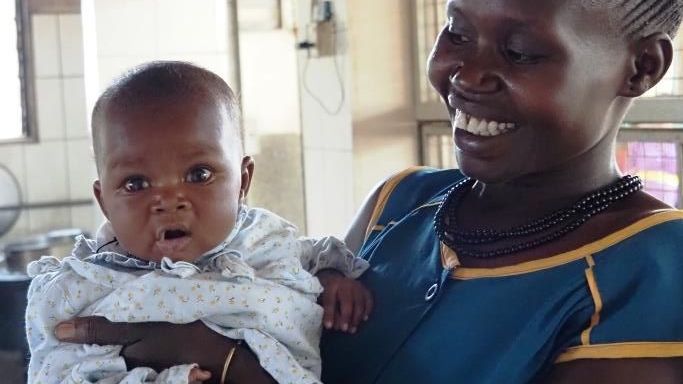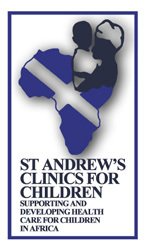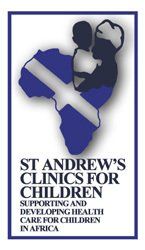STACC is run by volunteers - for every £1 donated almost 95p is transferred directly to the clinics we support
Since 1992 more than 1.6 million African children have received treatments due to the generosity of our donors and supporters
Sign up for our newsletter
Our Clinics

Contact Info
Contact Info
Address:
St Andrew’s Clinics for Children
c/o Gilmorehill Campus Central Mailroom
Isabella Elder Building
University Place
Glasgow
G12 8QQ
Email:
admin@standrewsclinics.org.uk

